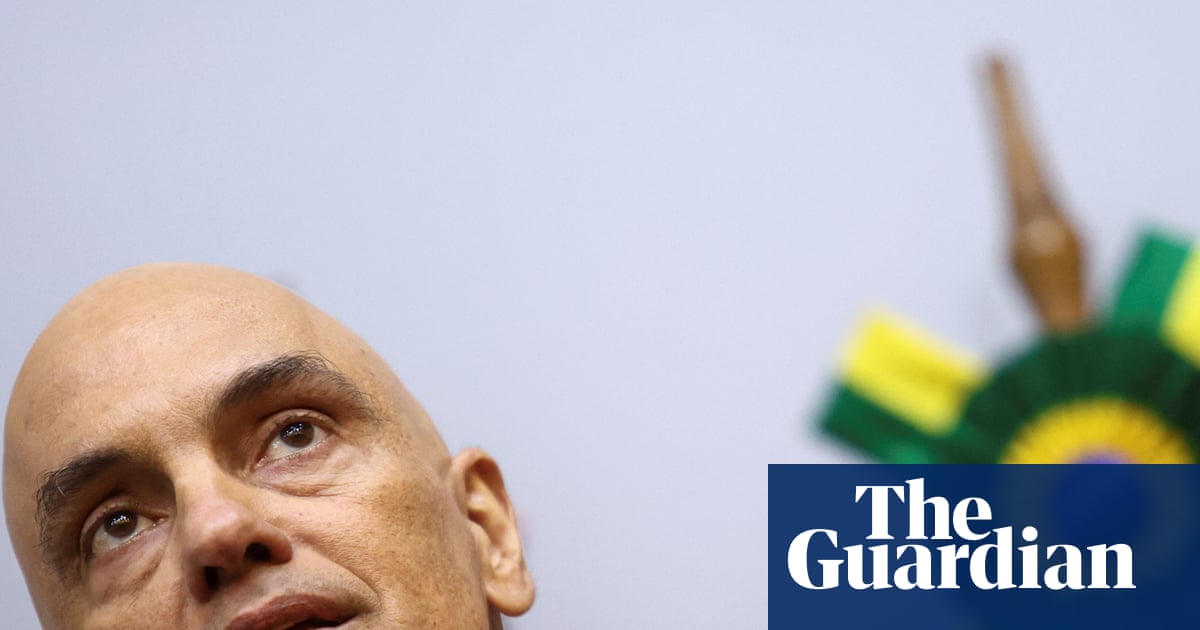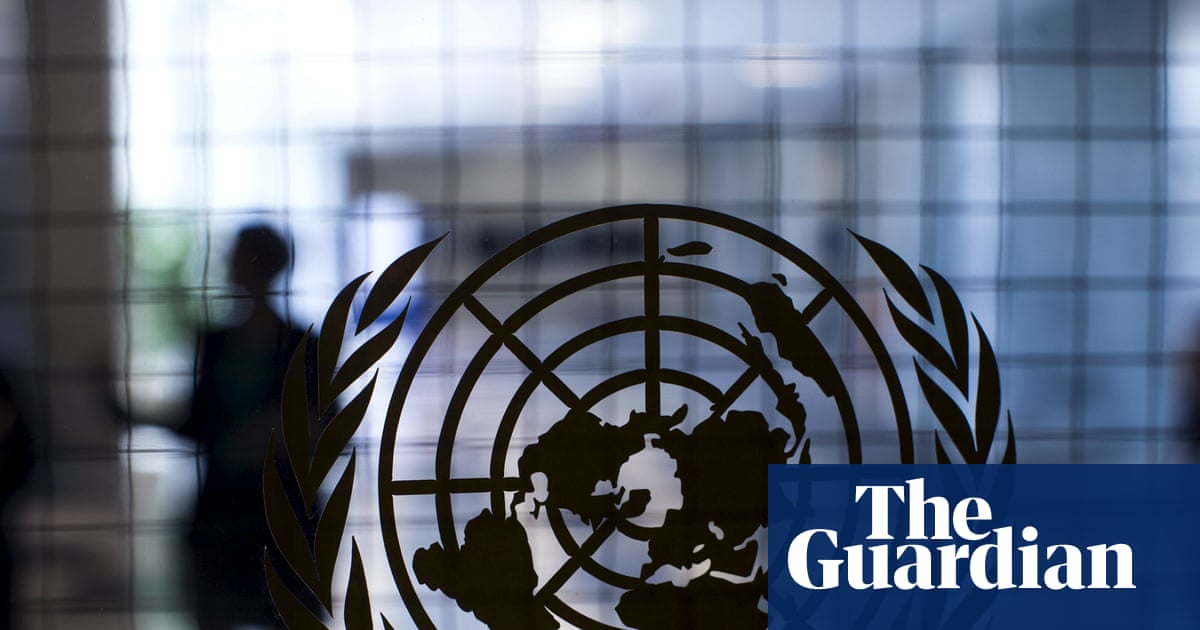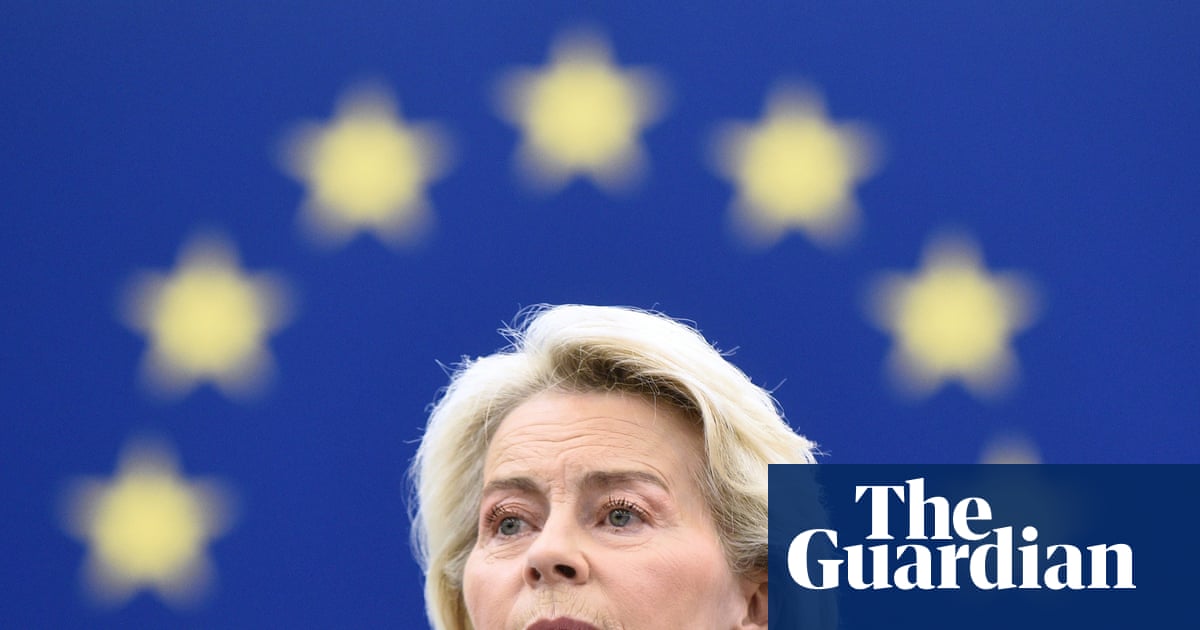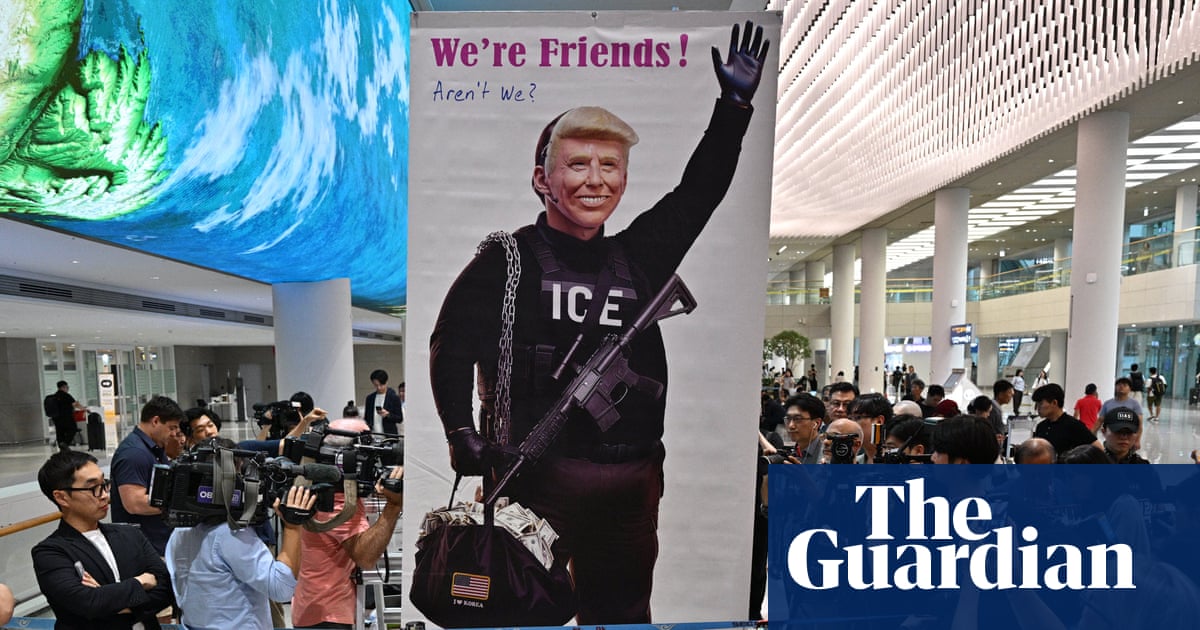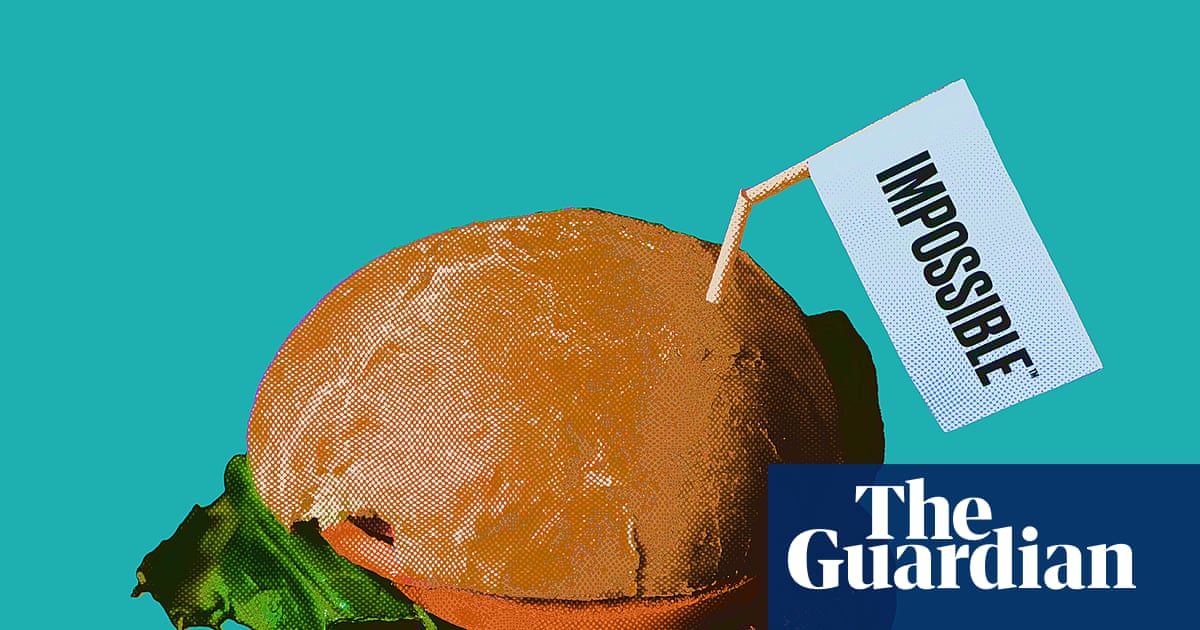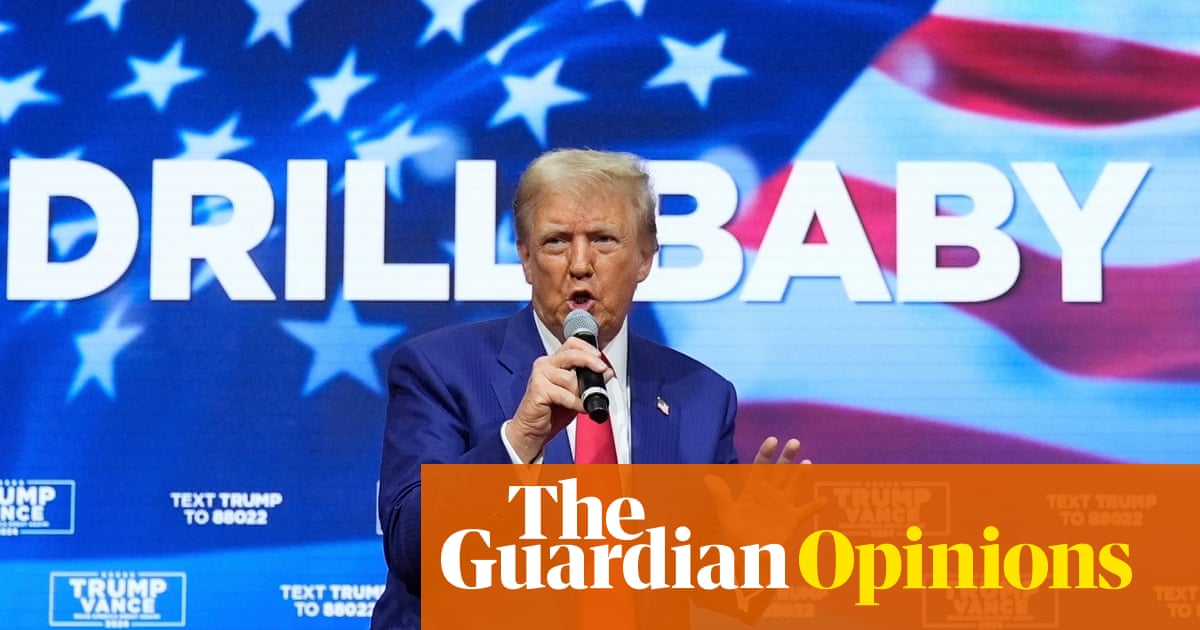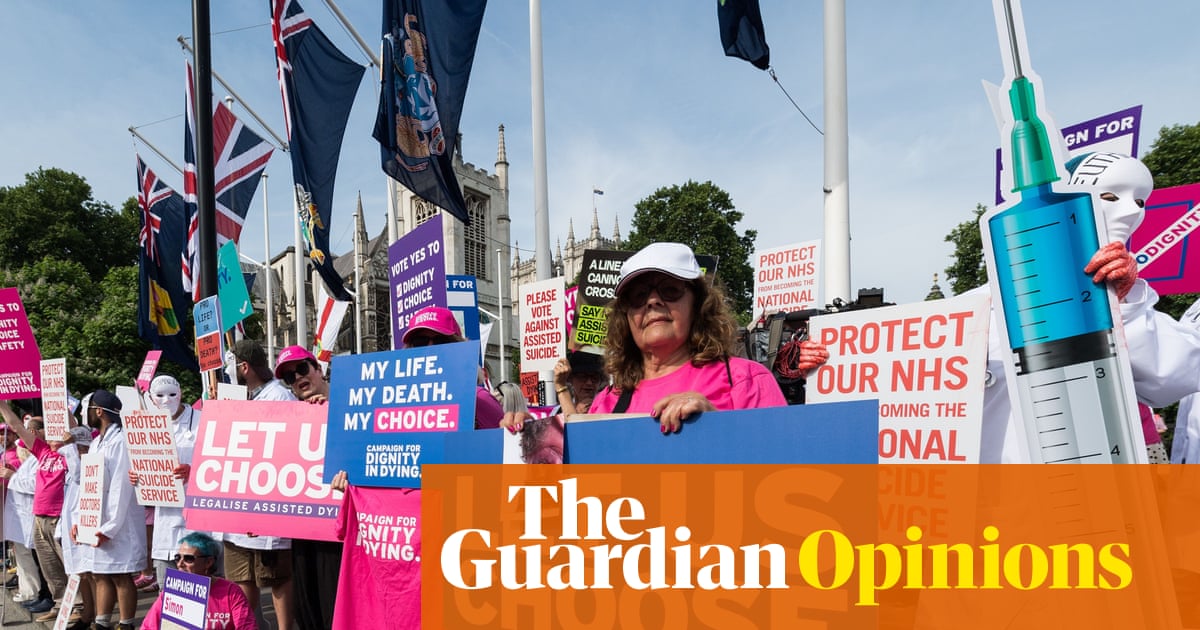The UK’s economic growth will be slower than expected this year and next as the damage caused by Donald Trump’s tariff war hits trade and investment, according to a gloomy forecast by the Organisation for Economic Co-operation and Development (OECD).
The international body downgraded its expectations for this year and next from a forecast made in March, pushing down UK growth from 1.4% to 1.3% in 2025 and from 1.2% to 1% next year. Constraints on Whitehall spending and higher than expected inflation also played a part in a downgrade, the OECD said.
Almost all countries, including the UK, suffered downgrades in the latest growth forecasts by the Paris-based organisation, which said it was mostly responding to the uncertainty created by US tariffs on the outlook for the global economy.
The OECD had forecast global growth would ease from 3.3% in 2024 to 3.1% in 2025 and 3% next year, but now expects a “modest” 2.9% growth this year and next.
The US, Mexican and Canadian economies are likely to be the worst affected by the ongoing tariff battles, the OECD said.
A forecast for the US in March expected growth to reach 2.2% this year and 1.6% in 2026, but these estimates were cut to 1.6% and 1.5% respectively in the latest outlook.
The OECD’s judgment is likely to disappoint the UK chancellor, Rachel Reeves, who faces tough questions next month about her record when she announces the government’s priorities for the next three years in a much-anticipated spending review.
Government spending is constrained by the rising cost of health, pensions and defence, while the economy remains stagnant, limiting the rise in tax receipts.
The chancellor will base her spending plans on forecasts by the Office for Budget Responsibility, which said in March – several weeks before Trump began to impose import tariffs – that the UK economy will grow by just 1% this year, but recover strongly to hit 1.9% next year.
Álvaro Pereira, the OECD chief economist, said he was cautious about the UK’s ability to withstand the uncertainty created by a global tariff war, which the OBR forecast was unable to take into account.
“We hope we have seen the worst of the tariffs and there will be more trade agreements, bringing some certainty to international trade. Our top priority must be to keep markets open for trade,” he added.
Pereira said his forecasts were based on the main US tariffs remaining in place over at least the next two years – a 25% tariff on imports of steel, aluminium and cars and a 10% blanket tariff on all goods.
“In the past few months, we have seen a significant increase in trade barriers as well as in economic and trade policy uncertainty. This sharp rise in uncertainty has negatively impacted business and consumer confidence and is set to hold back trade and investment,” he said.
“Weakened economic prospects will be felt around the world, with almost no exception. Lower growth and less trade will hit incomes and slow job growth,” he added.
Inflation was likely to remain “sticky” in the UK over the next year, restricting the pace of interest rate cuts by the Bank of England, despite a slowing economy.
after newsletter promotion
“Though we are still forecasting that inflation will come down to central bank targets by 2026 in most countries, it will now take longer to reach those targets. In the countries more affected by tariffs, inflation might even rise first before coming down,” he said.
The OECD makes forecasts for all its 38 members before annual meetings in Paris this week.
Its report on the UK found that, after a strong first three months of the year – during which gross domestic product (GDP) rose by 0.7% – “momentum is weakening, with business sentiment rapidly deteriorating”, before adding that “consumer confidence remains depressed and has declined since the second half of 2024, while retail sales volumes have been volatile”.
It urged the UK government to restrict day-to-day spending to provide the financial room to maintain higher levels of public investment.
However, the government’s limited budget headroom meant only small shocks could blow spending plans off course and force the Treasury to make further cuts.
Reeves said in response to the report that the government’s “landmark trade deals” with the EU, US and India would help to cut costs for businesses, protect jobs and attract investment to the UK.
She said: “The UK was the fastest growing economy in the G7 for the first three months of this year and interest rates have been cut four times, but we know there’s more to do.”

 3 months ago
77
3 months ago
77





